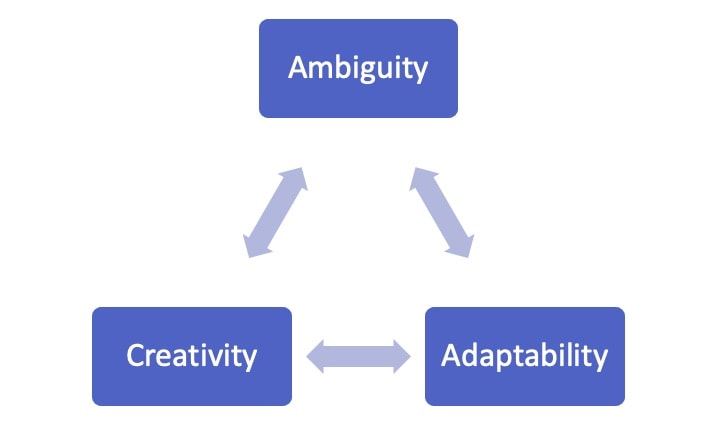“If you’ve slept under a solid roof, got dressed in clothes, eaten food, or driven to work today, thank a small business.”
–Phil Symchych
It’s Small Business Week in Canada this week and the US held theirs in September. Amid the economic challenges of Covid-19, it’s never been more important to acknowledge—and support—small businesses in our local communities.
From my early days growing up in a family business—a seasonal hotel that only operated at full-time capacity for two months of the year and when annual interest rates were 23%—I wanted to work with and help small businesses to grow, to improve operational and financial performance, and to build business wealth for owners, founders, and shareholders.
2021 marks 30 years of me working with and supporting small/medium enterprises, or SMEs. It’s a privilege and an honour to be invited into someone’s business, trusted with their information and, more importantly, their dreams, and asked to help them to grow.
Here are ten lessons I’ve learned from my clients that I wanted to share with you.
- It’s all about the people. The more you focus on people—your employees, customers, and suppliers—the more successful you will become.
“Life is a team sport.”
- Think big. When you think about growing your company much larger than it currently is, you begin to see new opportunities to scale and grow. Otherwise, you’re being dragged down by operational gravity and solving short-term problems.
- Think long-term. Time flies and seems to accelerate as the birthdays add up. The future will arrive more quickly than you had planned. By defining what you want your business to look like in the future, you’ll be able to grow into that vision more quickly.
- Ask for help. One of the most powerful lessons I learned during my MBA education was that we are smarter together. More brains at the table helps to arrive at better solutions.
- Measure what matters. When we played street hockey as kids, we always kept score. In business, every manager should know how much they sold, how much they produced, and what their cash position is, every day. Every employee should know how they performed that day on tasks critical to support your business’s growth and strategies.
“When you measure what matters, your people know the score, and they’ll figure out how to improve.”
- Focus and align people on the future by sharing your values and your vision. It’s important for employees to understand where the business is going and how they can help you to get there.
- Our business purpose is to take care of our customers. Therefore, it’s also important for all employees, regardless or role or title, to know how they contribute to taking care of your customers.
- Seek out your hidden best practices and codify them. Turn them into corporate gold. You have talented people doing great work but others might not know and it might not be codified into a procedure or system.
- Communicate regularly, and at least weekly—one on one and as a group—with your entire team of direct reports. A great process for having everyone to contribute to a team meeting is to discuss their successes, challenges, and priorities.
- As a leader, communicate at least monthly with everyone in your company. Talk about the successes you’ve achieved in the last month such as new customers or new offerings. Discuss challenges you want to overcome to improve your customer service, decrease costs, or increase speed. Tell them about your priorities for the next month to create momentum and enthusiasm among your team.
“If people don’t hear from the leaders, they’ll make up their own assumptions about what is going on, and those assumptions are rarely right. Keep your people informed. They can handle the truth.”
- The most important lessons that we’re all learning right now are to be comfortable with ambiguity, adapt to the new realities that are here to stay, and be creative in developing and delivering new value for your customers.

Thank you to all small business owners, founders, leaders, and employees! You support our economies and our quality of life.

